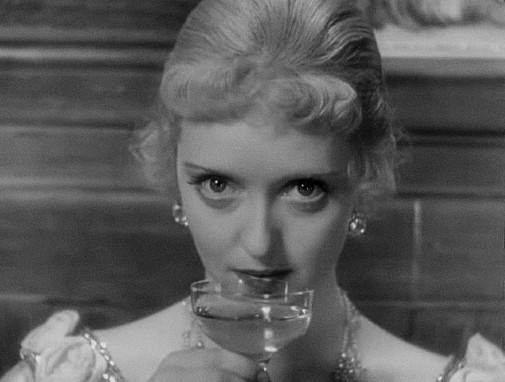
Nowadays, Oscar snubs generate justifiable fire on social media and occassionally even get primetime attention. However, they're not huge stories that threaten the existence and validity of the Academy itself. It wasn't always like this. Back in the early days of the Oscars, some snubs were so outrageous they made fear blossom in the hearts of Academy members, threatening to invalidate the entire (new) institution in the eyes of the general public. So much so, that new rules were put in place to avoid similar outcomes, write-in votes were allowed and apologies were handed out in the shape of what we now call a career Oscar.
Such was the case in the mid-30s when Bette Davis made Of Human Bondage, defied Hollywood's expectations, became a sudden star and still failed to get the Academy Award nomination most thought she deserved…
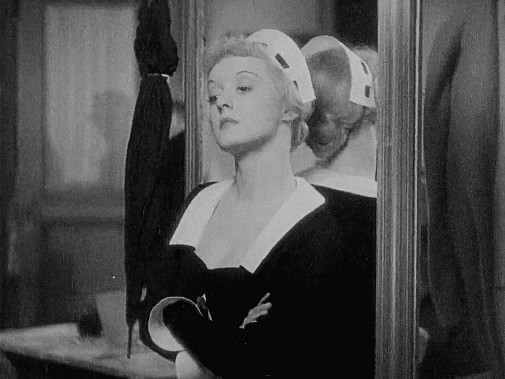
Following years of being thoroughly wasted by Warner Bros, young Bette needed a challenge. She was also after a project that would allow her to climb the Hollywood totem pole. Luckily for Ms. Davis, there was a role that represented an acting challenge like few others. Even luckier was the fact most of Hollywood's bigger names had already passed on the screenplay, feeling the character was too shrill and nasty. They feared such a dark turn could spoil their relationship with the public, but that wasn't a problem for Bette Davis. After all, she was never better than when playing against the audience's sympathies.
After imploring Jack Warner to let her work with another studio, Davis got the role of Mildred Rogers in RKO's adaptation of W. Somerset Maugham's seminal novel - Of Human Bondage. This feat of studio somersaulting would end up contributing to her Oscar snub, but Davis knew what she was doing. Cajoling director John Cromwell, she managed to get creative control over her character's demeanor and look. In a move of gargantuan risk at the time, Davis even insisted on doing her makeup, marring her beauty with smudged eyeliner and sweaty foundation. Throughout the film, she often looked a fright, but the more the audience hated or were disgusted by Mildred, the more they loved Bette Davis.
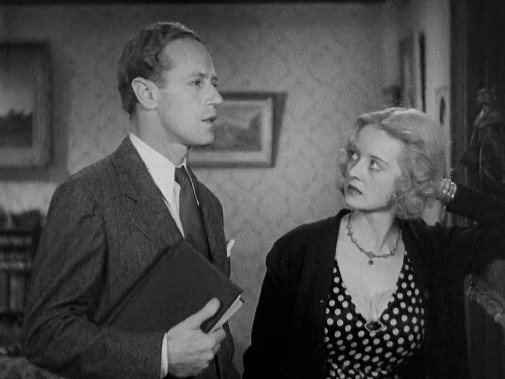
Still, no matter the showiness of the part, Of Human Bondage isn't really the story of Mildred Rogers. The film is about a clubfooted medical student by the name of Philip Carey. He's an Englishman of mediocre talent, a young fellow who abandoned dreams of being a painter to follow the vocation of medicine. With aspirations of higher social clout and wealth, this is a sorry excuse for a romantic hero, no matter how tragic his story may be. This being the 1930s we're still supposed to feel sympathy for him, especially when contrasted with the destructive presence of his beloved harpy who oozes disdain from the moment Philip first lays eyes on her.
With a sneer and the arrogant posture of a much wealthier woman, Davis' penniless waitress is a sight to behold. She's so magnetic that we still pay her attention when Mildred snubs the camera and turns her back to the audience. It's an obstinate entrance for a most obstinate character and things are only starting. As the film progresses, Mildred sheds the off-putting coldness of her first scene and lets us see the many layers of moral rot that make up her soul. In sparse interludes, Davis' shiny eyes paint a picture of beatific innocence that's immediately contradicted by a sly line reading. Then we have her seduction scenes, full of sexual energy and the voracious hunger of a master predator playing with its food. It's riveting work, even if it's not very subtle.
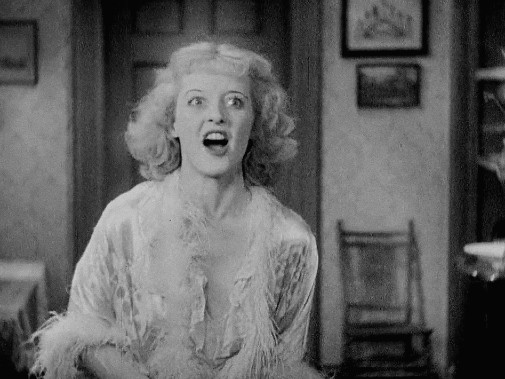
Bette Davis was as an actress willing to take risks, a consummate performer always ready to bring sound and fury to any role. Her Mildred is no different, but she's lacking some fine-tuning. For starters, Davis' Cockney accent is a nightmare of inconsistencies, sometimes wavering in intensity in a single line. She also has a propensity for mugging and biting huge chunks of scenery whenever the film gives her the chance. In the future, the actress would become much better at modulating her intensity, but Of Human Bondage reveals a young performer still in the process of learning her craft.
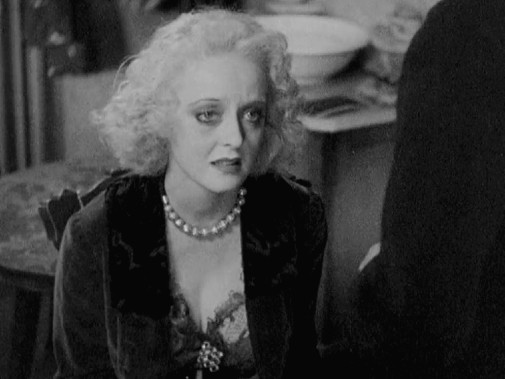
Despite that, it's impossible to look at Mildred Rogers and consider Bette Davis' performance anything short of spectacular. As the toxic love of the narrative unravels, the actress throws everything at the wall in explosions of uncontrollable fury. When Mildred spits insults at Philip, Davis lets her whole body express each venomous word. When she pleads, it's as if someone let all the air out of Mildred, leaving behind a shriveled carcass. No matter what she's doing, Davis gives it her all and it's impossible to tear your eyes away from her. Next to this inchoate being of primordial wrath, Leslie Howard's Philip is eclipsed and his mediocrity made more evident. We grow tired of him, but, no matter how monstrous Bette Davis' Mildred might be, she's a monster that we love watching.
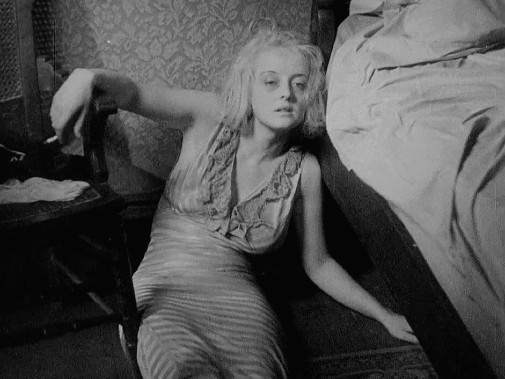
Ladies and gentlemen, this is how a star is born.